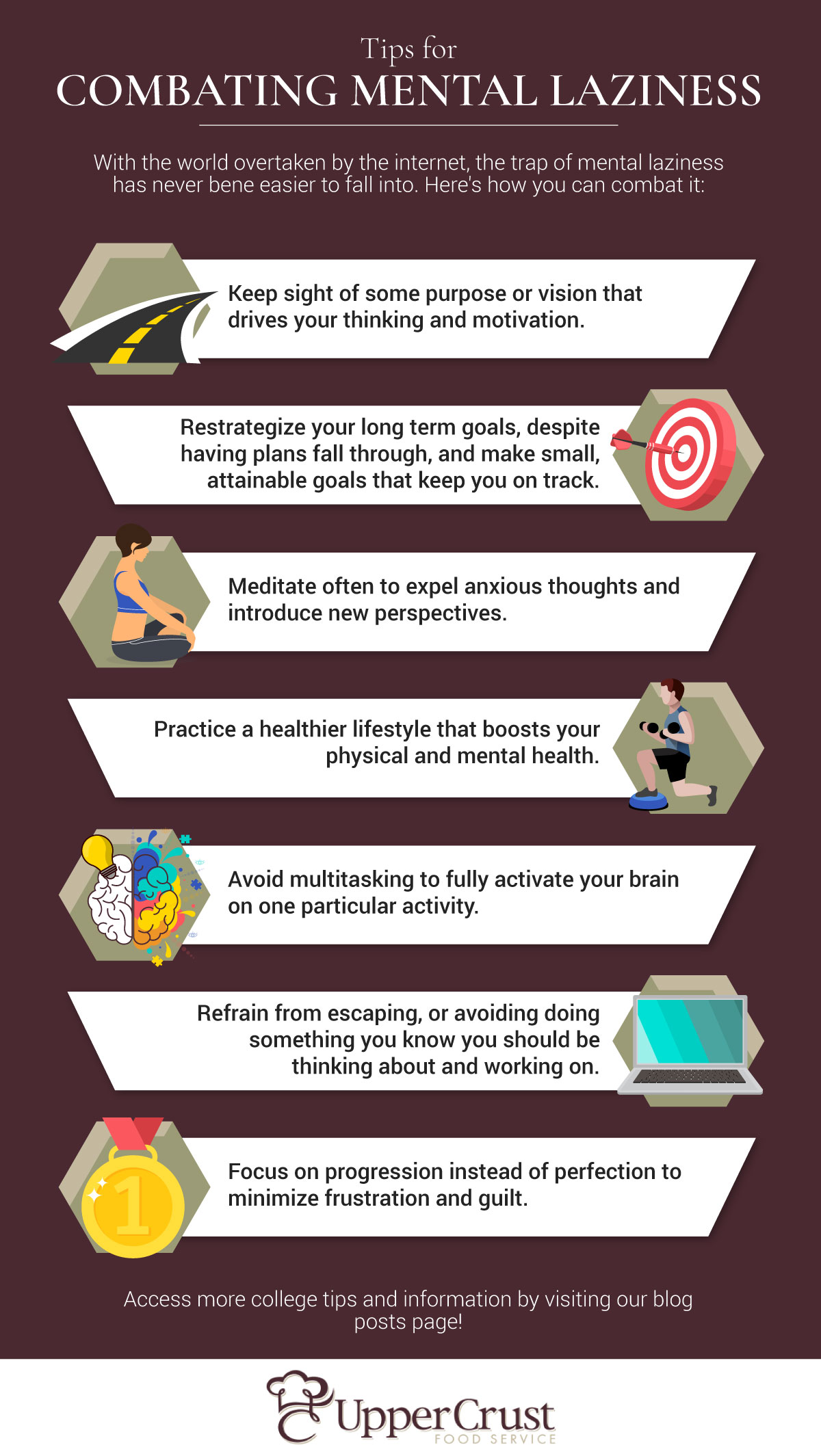
The Internet and Cognitive Offloading
We live in a time of unprecedented access to information. Advances in technology that our ancestors would have considered magic are considered just another part of daily life that, if we’re being honest, most of us can’t live without. However, the convenience of the internet has some downsides that not many of us think about, like cognitive offloading. In this blog, we are going to discuss what cognitive offloading is and the harm it has on our minds in this day in age.
What is Cognitive Offloading?
Cognitive offloading refers to our reliance on the external environment in order to reduce cognitive demand and is the use of physical action to reduce the cognitive demands of a task. For example, when we program a smartphone to remind us of an upcoming appointment, we have engaged in cognitive offloading. We are using a physical action to alter the information processing requirements of a task to reduce cognitive demand.
It doesn’t sound like it’s such a bad thing, right? Well, while small alterations like this aren’t melting your brain single-handedly, these adjustments are likely one of many that make up your day-to-day life, which altogether may have a more substantiation negative impact. Cognitive offloading reduces cognitive demand on memory because it reduces demands on internal storage. This is likely done when people believe they cannot retrieve certain information by themselves, or when they have low confidence about retrieving particular information, thus leading to offloading.
We write down appointments and set reminders with our smartphones or tablets, eliminating the need to use our internal cognitive abilities because we think we are being more efficient, or simply because we are on mental overload. Offloading may help us get more done faster, but storing information on our smartphones, computers or tablets may cause us to become reliant on them, ultimately affecting how we remember, and the capacity to which we use our brains.

What Does This Have to Do With Me, or the Internet?
Today, finding information is as simple as typing a few words into your phone or asking your smart speaker. While this seems undeniably good because we save so much time, the ease at which information is now available to us actually diminishes our ability to remember it. You may think you remember the fact, but you’re actually remembering where to look it up. According to a 2011 paper published by Science, you begin to view the internet as an extension of your memory.
A 2016 paper published in the journal Memory showed that the more you use the internet to answer questions, the more you rely on it, instead of your own memory and critical thinking skills. Over time, you may rely on it to the point that you store less and less information in your brain. To loop back around to the term “cognitive offloading,” which seemed harmless enough at first, may actually be hindering our cognitive ability.
Using Search Engines Frequently May Prevent You From Learning
This may seem counterintuitive to you, after all, when you’re able to quickly Google burning questions, you feel you have gained a bit of new information. The truth is, quickly searching questions on the internet is preventing you from doing the hard work required to learn a subject or skill.
This can be especially harmful when you’re in school and trying to study for an exam or write a paper about any given subject. While quickly looking up the answer provides a temporary jolt of satisfaction and removes the discomfort of struggling with a question on your own, it limits your ability to actually use your own cognitive ability to figure something out, which creates an illusion of competence.
The Lack of Critical Thinking Makes You Easy to Manipulate
Assuming the internet has the right answer to everything will likely make you easy to manipulate, after all, what happens when you run into information that is inaccurate or deceptive? Without a solid base of critical thinking skills, this information will lead you to make bad decisions, as you aren’t able to evaluate information critically, allowing for the internet, and even people around you to manipulate your thinking.
Don’t Let Your Mind Become Lazy
All this isn’t to say that you need to throw your phone into the trash can, or set your computer on fire. This isn’t even to make you feel bad for relying on the internet, after all, it is no fault of yours, or anyone’s, really, that technology has made such great advancements that we now all have the conveniences of using as little cognitive power as possible. The truth is, it’s not as easy as telling others to not Google things or pull out their phones to reference information. Offsetting the effects of cognitive offloading takes intention and awareness, and is as simple as using your memory more and sharpening your mental ability
Final Thoughts
When it comes to utilizing your memory and brainpower, don’t run away from utilizing your cognitive ability. Challenge yourself to use your memory more often and put more work into sharpening your thinking skills. The benefits will not only be felt now, but will almost certainly be felt as you begin to age. One thing you can do now to focus your cognitive ability is to eat the right foods and field your body and brain with the right nutrients. Upper Crust Food Service provides high-quality, fresh, and delicious meal plans for college students across the nation. Give our team a call today to learn more about how to get our college catering services on your campus!
